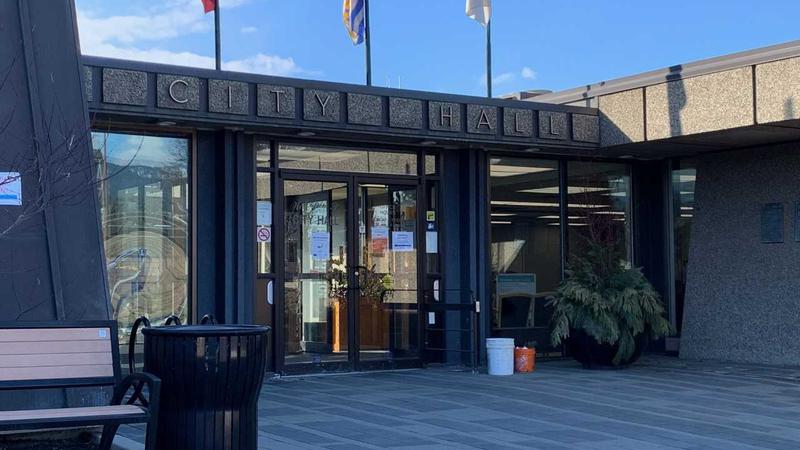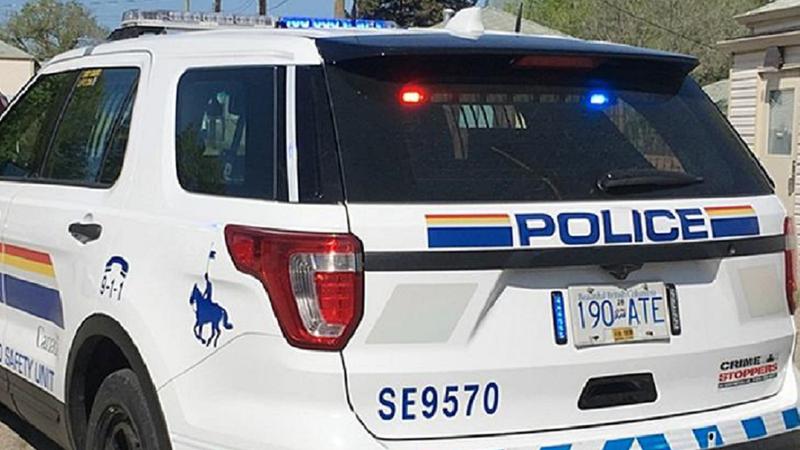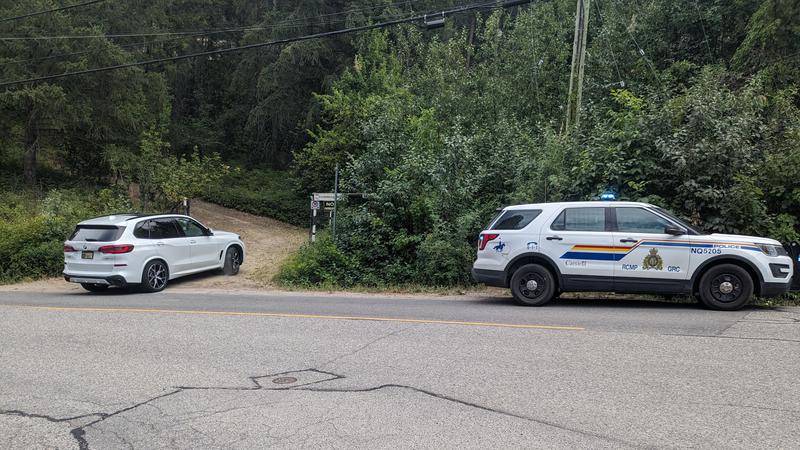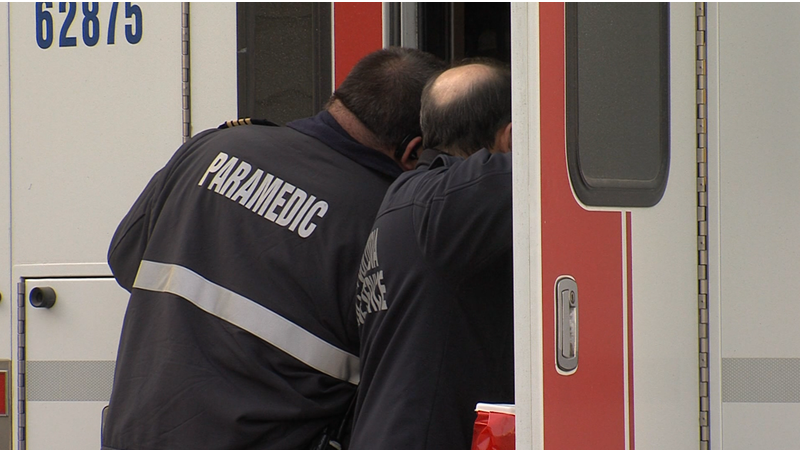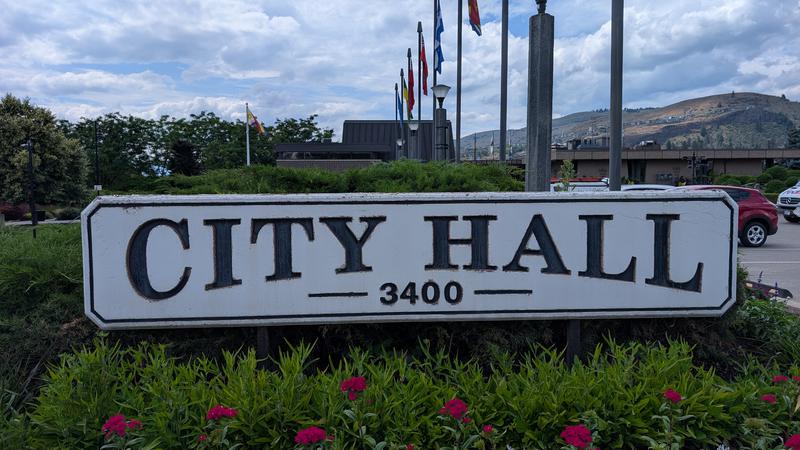
UDATE: Wildfire smoke improves in Okanagan
UPDATE Friday July 16
The air quality health index has improved in the North Okanagan today, after hitting the high risk level on Thursday.
Environment Canada has the index at at 2 or low risk, with a forecast for it to reach the moderate range later today.
The smoke is mostly coming from fires in other areas of B.C., with 305 active fires in BC and 108 in the Kamloops Fire Centre.



